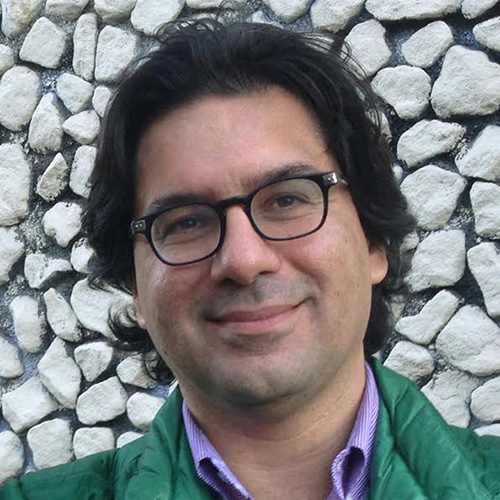
Denise Zmekhol
Producer & Director
Syrian-Brazilian director Denise Zmekhol’s films have been awarded for their visual style and deft storytelling. Her film Children of the Amazon, supported by ITVS, aired on PBS. She co-produced the Emmy-winning PBS series Digital Journey and presented the story of her film Skin of Glass at Pop-Up Magazine and a TEDWomen conference.


